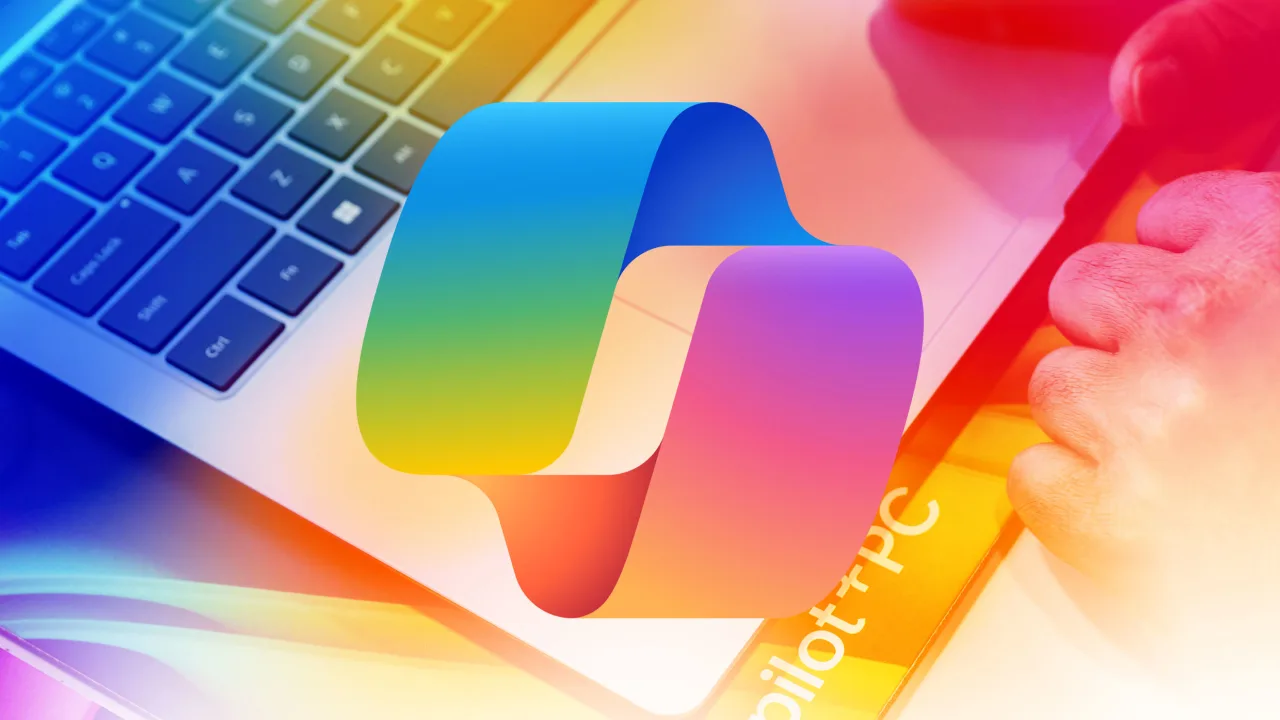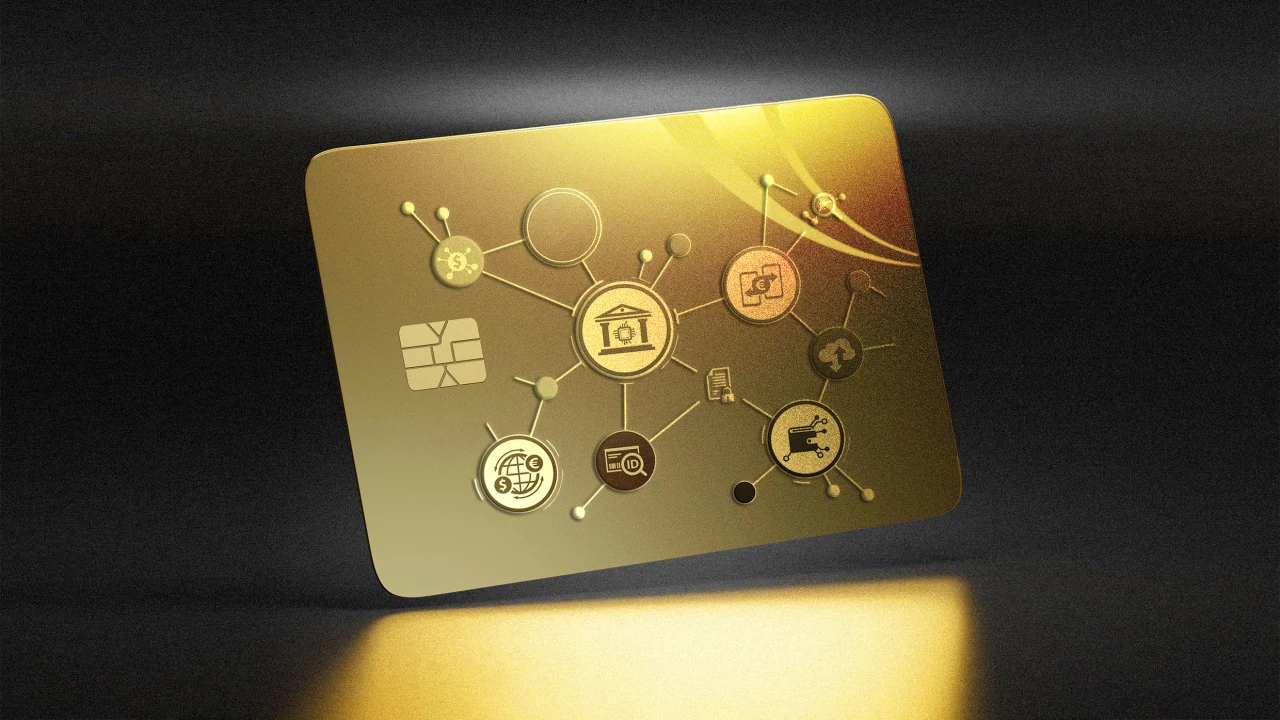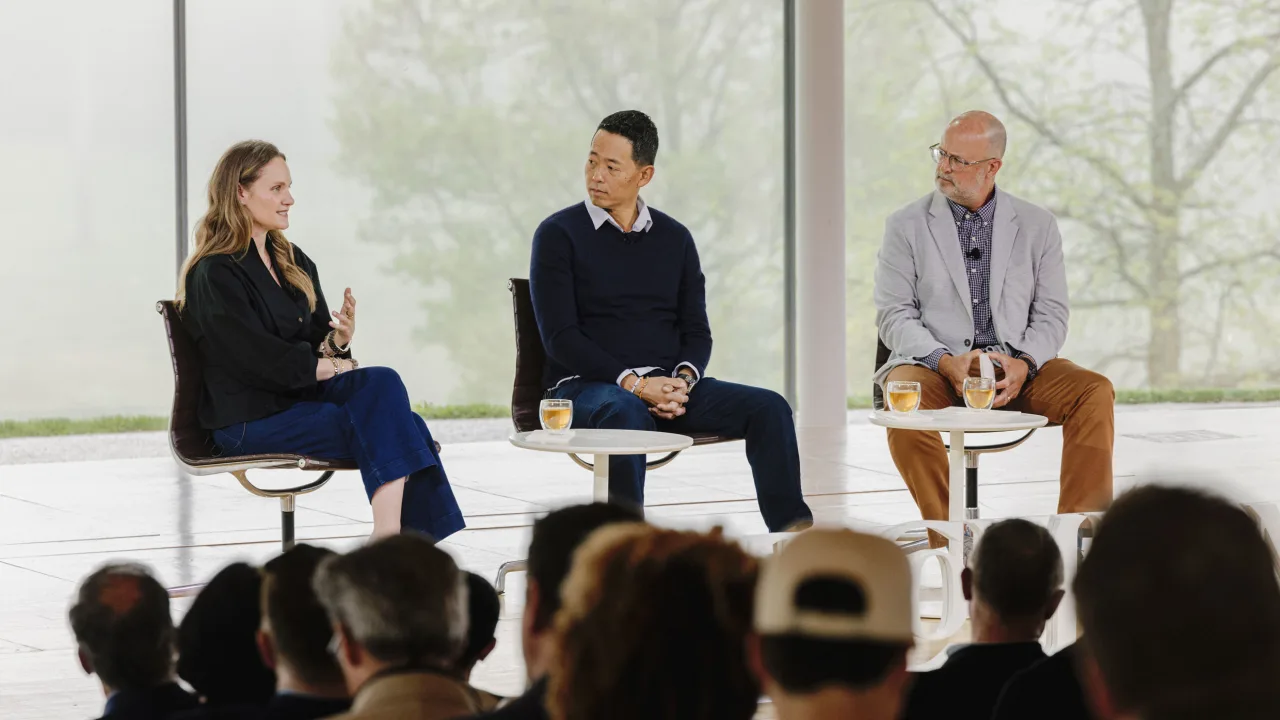Microsoft launched Copilot+ PCs a year ago to mockery. Is the world finally ready for them?
A year ago today, Microsoft unveiled what it believed would be the future of home computing. Copilot+ PCs, optimized to harness the power of AI, were introduced with the promise of revolutionizing how we interact with our laptops and desktops. The reaction, however, was far from enthusiastic. Critics mocked the addition of an AI button on the keyboard, likening it to the redundant action keys from late-1990s PCs. More concerning was the backlash to Recall, a feature designed to continuously record user activity to provide smarter assistance. Many found the idea invasive. Public alarm grew when it became clear that Recall stored this data off-device, raising serious privacy concerns—particularly with sensitive tasks like entering bank details. The feature was eventually, well, recalled. “Copilot+ PCs are finally here. You don’t want one—yet,” read one scathing op-ed published in Computer World at the time. Fast-forward a year, and the landscape has shifted. AI adoption continues to grow, and the once-ridiculed concept of agentic AI has gained traction. That shift in sentiment has helped normalize features like Recall, which quietly returned in the April 2025 Windows 11 update. This time, it’s opt-in rather than opt-out, and stores screenshots locally instead of on the cloud. In the background, Microsoft has been refining its AI offerings. The company’s updated Copilot+ strategy seems more measured, and after a year of growing accustomed to AI in our daily lives, users may now be more ready for what these devices offer. Microsoft says Copilot+ PCs accounted for “up to 15% of premium-priced U.S. laptops” during the 2024 holiday quarter—the first specific sign of market traction. Analysts at Gartner predict that by the end of 2026, every enterprise PC sold will be AI-equipped, with consumer adoption expected to follow soon after. Persistence also plays a role in adoption. “It’s become more and more prominent in Windows 11 in particular,” says Catherine Flick, a researcher in AI and ethics at the University of Staffordshire. “People who might otherwise be skeptical or not want to touch it, might just go in because it’s so conveniently there,” she says. “It doesn’t seem to cost anything at the moment, so yeah, basically people are going to use it.” Every new user represents a win for Microsoft, helping to normalize AI as part of everyday workflows. While there may still be no single “killer app” that compels users to buy an AI-powered PC, growing familiarity can be just as powerful as clever marketing. With momentum building, the moment for Copilot+ PCs may have finally arrived.

A year ago today, Microsoft unveiled what it believed would be the future of home computing. Copilot+ PCs, optimized to harness the power of AI, were introduced with the promise of revolutionizing how we interact with our laptops and desktops.
The reaction, however, was far from enthusiastic. Critics mocked the addition of an AI button on the keyboard, likening it to the redundant action keys from late-1990s PCs. More concerning was the backlash to Recall, a feature designed to continuously record user activity to provide smarter assistance. Many found the idea invasive. Public alarm grew when it became clear that Recall stored this data off-device, raising serious privacy concerns—particularly with sensitive tasks like entering bank details. The feature was eventually, well, recalled. “Copilot+ PCs are finally here. You don’t want one—yet,” read one scathing op-ed published in Computer World at the time.
Fast-forward a year, and the landscape has shifted. AI adoption continues to grow, and the once-ridiculed concept of agentic AI has gained traction. That shift in sentiment has helped normalize features like Recall, which quietly returned in the April 2025 Windows 11 update. This time, it’s opt-in rather than opt-out, and stores screenshots locally instead of on the cloud.
In the background, Microsoft has been refining its AI offerings. The company’s updated Copilot+ strategy seems more measured, and after a year of growing accustomed to AI in our daily lives, users may now be more ready for what these devices offer.
Microsoft says Copilot+ PCs accounted for “up to 15% of premium-priced U.S. laptops” during the 2024 holiday quarter—the first specific sign of market traction. Analysts at Gartner predict that by the end of 2026, every enterprise PC sold will be AI-equipped, with consumer adoption expected to follow soon after.
Persistence also plays a role in adoption. “It’s become more and more prominent in Windows 11 in particular,” says Catherine Flick, a researcher in AI and ethics at the University of Staffordshire. “People who might otherwise be skeptical or not want to touch it, might just go in because it’s so conveniently there,” she says. “It doesn’t seem to cost anything at the moment, so yeah, basically people are going to use it.”
Every new user represents a win for Microsoft, helping to normalize AI as part of everyday workflows. While there may still be no single “killer app” that compels users to buy an AI-powered PC, growing familiarity can be just as powerful as clever marketing. With momentum building, the moment for Copilot+ PCs may have finally arrived.









































































































![Building A Digital PR Strategy: 10 Essential Steps for Beginners [With Examples]](https://buzzsumo.com/wp-content/uploads/2023/09/Building-A-Digital-PR-Strategy-10-Essential-Steps-for-Beginners-With-Examples-bblog-masthead.jpg)















![How to Use GA4 to Track Social Media Traffic: 6 Questions, Answers and Insights [VIDEO]](https://www.orbitmedia.com/wp-content/uploads/2023/06/ab-testing.png)


































